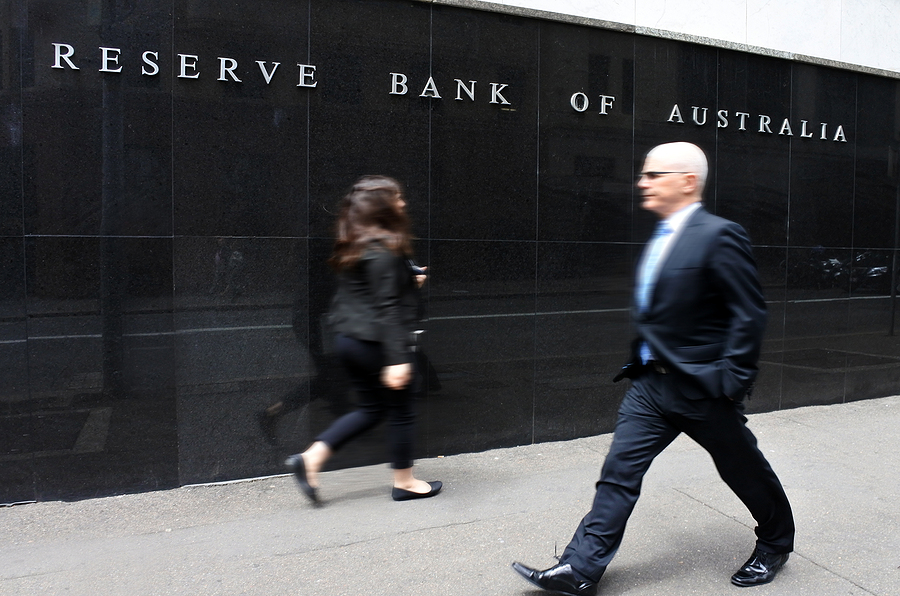The slowing pace of inflation was enough for the Reserve Bank to keep rates on hold at the last meeting, but the board was alert to surging petrol prices and other risks.
The minutes from the September meetings revealed a level of comfort with the latest data flows that were consistent with inflation returning to target within a reasonable time frame.
The RBA board chose to leave the cash rate steady 4.1 per cent for the third time in a row when it last met, although the minutes showed another increase was discussed.
The central bank is aiming to have inflation back within its two-to-three per cent target range by late-2025.
In July, inflation sunk to 4.9 per cent from 5.4 per cent in the month prior.
The RBA kept the possibility of more tightening alive “should inflation prove more persistent than expected”.
Petrol prices were flagged as a possible risk factor to the plan to get inflation down, given prices at the pump can strongly influence the public perception of cost of living pressures.
“Members noted that the recent rise in petrol prices – an important input for households’ inflation expectations – highlighted that the process of returning inflation to target could be uneven,” the minutes said.
Fuel prices have been marching upwards due to oil supply cuts and the weakening Australian dollar.
Oil benchmarks have lifted 30 per cent since June, with the Brent oil futures reaching around $US94 a barrel.
Other threats to bringing inflation down in an orderly fashion included a failure to kickstart productivity growth and persistently high service inflation.
“Members observed that, were inflation to remain above target for an even longer period, this could cause inflation expectations to move higher, which would be likely to require an even larger increase in interest rates in the future.
“Such an outcome would be costly for the economy.”
The board plans to base its upcoming meetings on incoming data flows.
“In making its decisions, the board will continue to pay close attention to developments in the global economy, trends in household spending and the outlook for inflation and the labour market.”
Poppy Johnston
(Australian Associated Press)






